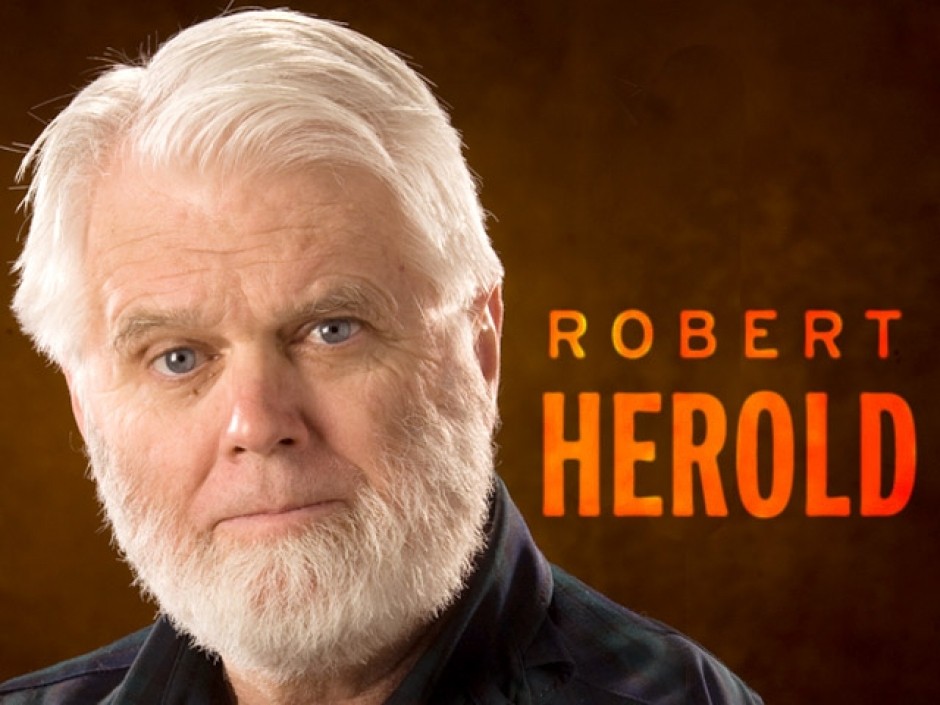And Obama? His three-plus years of his service tell us what we need to know. He is a smart, slightly left of center pragmatist, who learned on the job and likely won’t make the same mistakes again.
Americans assume too much from presidential campaigns. Once we peel the onion skin away, we discover that what we have been taught to view as democracy in action usually turns out to be all-too-lengthy and ever-more-costly P.T. Barnam exercises. It’s too often tawdry theater intended to woo the ignorant, excite the base and placate the powerful.
The only bright side? They do provide comedians with good material and give viewers relief from being subjected to even more ridiculous “reality TV” shows.
The truth is, presidential campaigns have never been good predictors of what’s to come. Consider 1940, when FDR, wary of the isolationists, campaigned on “keeping us out of war” — yet all the while he was working with the British, provoking the Germans and pushing back against Japanese imperialism.
Eisenhower? He promised to “clean up the mess in Washington,” and ran under the hard right’s “K1C2” banner — “Korea, Communism and Corruption.” After taking office, he discovered that there wasn’t much of either communism or corruption. As for Korea, he “promised to go to Korea” (to fix those Commies), then returned having determined that the armistice deal Truman had negotiated was about as good as we were going to get.
Kennedy, we recall, ran on the missile gap, which, it turns out, didn’t exist. LBJ? In 1964, he ran those infamous daisy commercials painting Barry Goldwater as a crazy war monger. Then, having won a landslide election, two years later he had half-a-million troops in Vietnam.
Nixon? Well, Mr. Small Government, Anti-Communist Republican would sign into law more regulatory legislation than any president in history, while having a great time dining with Mao and Zhou.
Carter promised “never to lie.” He didn’t but discovered that the voters didn’t care all that much. What they didn’t like was inflation and Iranians taking over our embassy and holding Americans hostage.
Reagan ran against government — you remember, “government isn’t the solution, government sometimes is the problem.” Then, over eight years, the Gipper actually increased the size of government and along the way doubled the size of the national debt. Paradoxically, Reagan helped transform the “elitist” Beltway suburbs into the highest income ’burbs found anywhere in America. Moreover, instead of his policies diminishing the nation’s Capitol, they worked to transform it into the international city it is today.
H.W. Bush ran on “no new taxes,” and we know how that turned out. Clinton? Well, he ran on feeling everyone’s pain whatever that meant. And Bush II? Remember compassionate conservatism? Or, even better, how about his promise of a more modest foreign policy? (Hey, he only started two wars.)
Barack Obama has actually made good on much of his campaign rhetoric. He did get Bin Laden; he did end Bush’s misadventure in Iraq; he did pass health care reform; and he greatly improved America’s image abroad. In addition, he managed to save the American auto industry and stabilized the financial sector. But those Wall Streeters who got us into the mess? Barack just “didn’t feel their pain.” Translated: He had some harsh things to say about the multi-million-dollar bonuses they give themselves, win or lose. Having rediscovered their inner-Jay Gould, they’re giving their money to Romney.
On the other hand, Obama disappointed his base by not closing the Guantanamo detention center; he didn’t fight for the public option in health care reform; and he seriously neglected his critically important under-30 age group base, known now as the “Lost Generation” — and they became lost on his watch.
So after years of punditry and hundreds of millions spent, here’s all we know for certain: If Romney wins, the next Supreme Court justice will look a whole lot like Antonin Scalia. Beyond that, it’s a little hazy. Were I a movement conservative, I’d be worried. At least Romney’s foreign policy will feature lots of Bush-Cheney bluster.
If Obama wins? Look at his record and add the wisdom gained from four years of experience. As for his next Supreme Court nominee? Think Ruth Bader Ginsberg.
But have you noticed? Neither candidate has addressed the onrushing Medicare crisis. Another feature of our presidential campaigns: Duck the real challenges.
Frankly, I don’t need another three months to figure all this out.



















